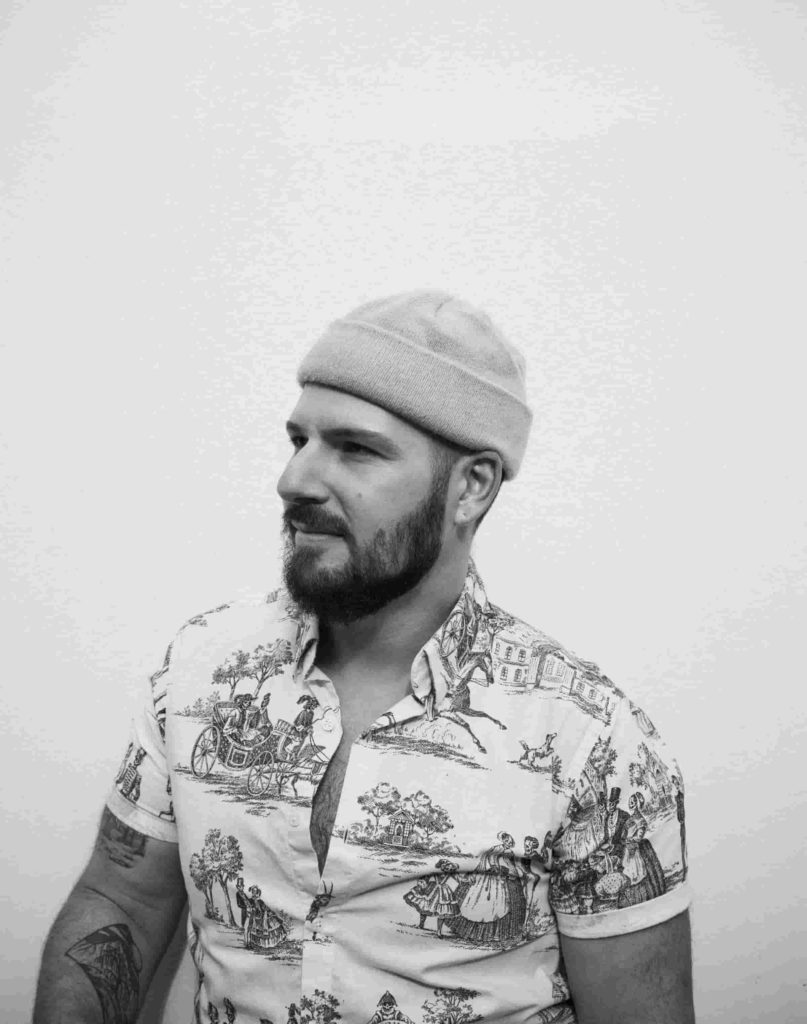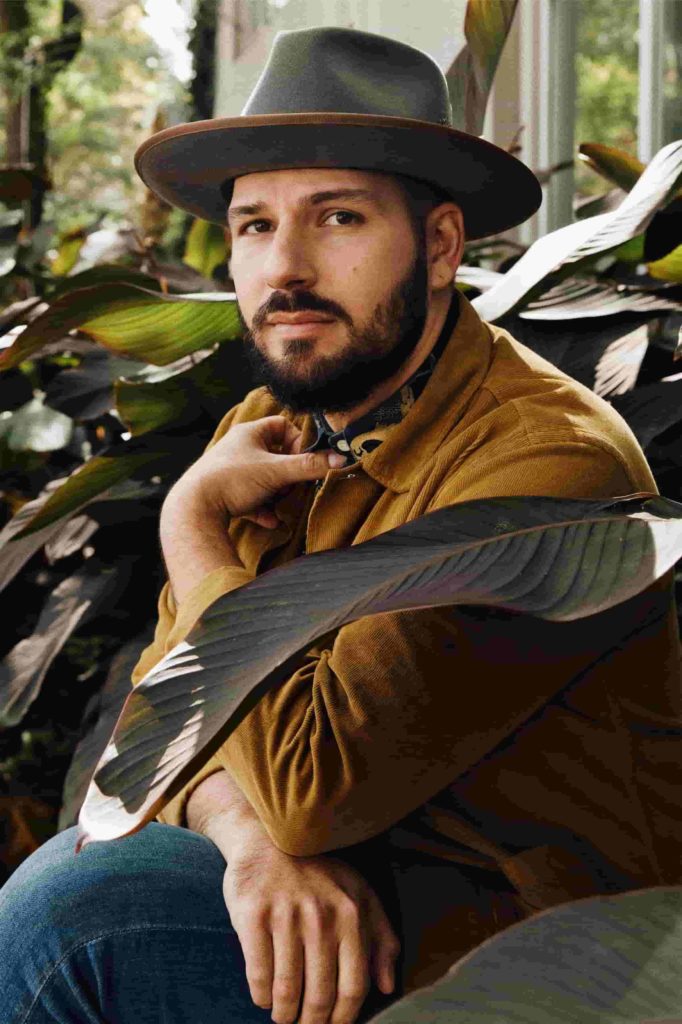A whalesound song and a beat halts for an a capella interlude: “I was in Berlin on the anniversary of some forsaken tragedy/shadows of my past.” The instrumentation builds back up as he relates taking in the scene while taking in the advice of a loved one. Given the setting, “tear down the walls” is more than a metaphor as he embraces a new normal of coming to terms with the past and the persistence of memory.
Stranger is calm and introspective. There’s a distinctive cadence to “no-one told me how hard all this would be/like learning how to swim by being thrown right in.” Some of the other rhymes verge further toward the generic but the overall sense is of a mellow indie reflection that rises to a crescendo about the importance of love.
Ghost would have the makings of a hit with a more well known indie darling. It explores a maddening experience at the messy end of a relationship: “I’m feeling fine when I’m not thinking about you/you call me over when you’ve got nothing better to do.” The whiplash effect on the emotions continues but he begins to steel himself against temptation, if only to protect his emotional well-being until the heartbreak subsides: “tell me when you’re coming tonight so I can get out of here.”

Year doesn’t quite hit the spot the same way as its predecessors; a little dates, a little simplistic, like a track that didn’t make the cut for That Thing You Do: “I’m still changing for the better/just like the changing summer weather/I don’t want to stop loving you/can this be true?”
Breakers plays out like the waves it describes; gentle but forceful.
Lunenberg is another tender track that’s pretty just like the quaint, sleepy Canadian town it’s named after. There’s a concerted effort to reach for optimism despite the absence of an absent love: “breathe in, breathe out/I’m lucky I guess.” Choral harmonies follow him down the quiet streets.
From a specific scene in a hospital confused by a visitor’s presence, we suddenly find ourselves in an existential crisis: “you make it so hard/I feel so alone when I’m with you sometimes.” The patient may have recovered but the relationship’s still ailing.

Both Colours and Tornado are mood pieces; the former ethereal with layers and the latter reckoning with bad memories: “the hurtful things you say are the thoughts that hang over me/God I want to let it go.”
For a Canadian, saying “maybe it’s spring back home” is hopeful yet seems somehow unlikely during the depths of winter. It’s followed by an unknown that bears checking on: dad’s wellbeing. The song equates having to “grow up too early sometimes” with the incremental task of learning how to love. Songs end too early sometimes – the narrator is still dwelling on growing up as the album of love, loss, grief and memory comes to an end.
Searching For The Stranger is out now.
